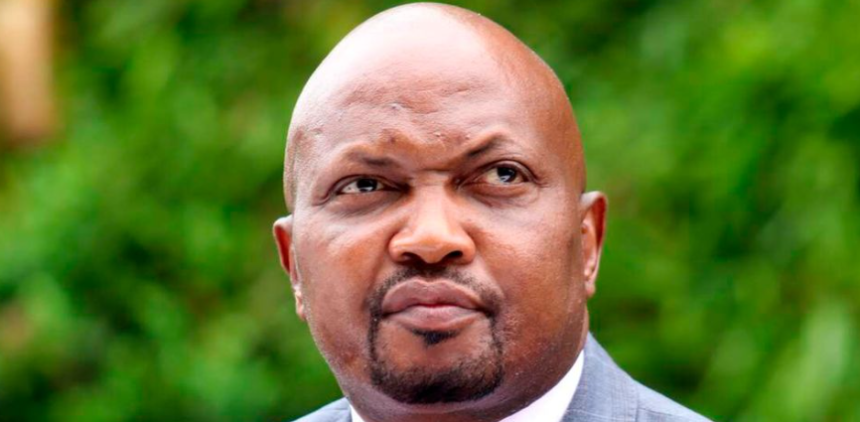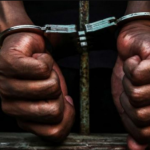Former Public Service Cabinet Secretary Moses Kuria has now stated that the conflicts among leaders from the Mt Kenya region were a key factor in allowing the Opposition to enter government. Speaking in Githunguri, Kuria criticized the leaders for initiating disputes they were unable to resolve. He urged regional leaders to focus on strategic planning to achieve victory, rather than engaging in unproductive conflicts.
“Mtu usianze vita kama hujui hio vita vile utaishinda na vile utaimaliza. Tuwe watu wa kufanya hesabu ya kushinda. Hata hawa watu wamekuja wa upinzani sababu tulianza vita hatujui jinsi tutamaliza. Ni sisi tumewaalika,” he said during the funeral of two relatives of Kiambu Senator Karungo Thangwa.
This loosely translates to, “Don’t start a fight if you don’t know how you will win it and how you will end it. Let’s be the people who strategize to win. Even those people have come from the opposition because we started the fight and we don’t know how we will end it. We have invited them.”
The former CS likened the situation to a friend who, after a few drinks at a bar, would provoke others thinking he could fight, only to end up beaten and thrown out. Kuria emphasized that before leaders call for unity, they should first achieve unity among the people of Mt Kenya.
He expressed support for the unity call but stressed that it should begin with addressing the stalled projects initiated by retired President Uhuru Kenyatta. Kuria also asserted that uniting the people should come before uniting the leaders.
“We are talking about the unity of Mt Kenya and I agree with it. Let’s unite to defend our projects that have stalled. Let’s start with the unity of these citizens before making a unity of leaders, on who is big and who is small. Let’s make a unity to say that our road projects are stuck and construction should continue.”
Deputy President Rigathi Gachagua, and a host of Mt Kenya MPs including Gathoni Wamuchomba (Githunguri), James Gakuya (Embakasi North), Njuguna Kawanjiku (Kiambaa) and Senator John Methu (Nyandarua), among others, were present.



